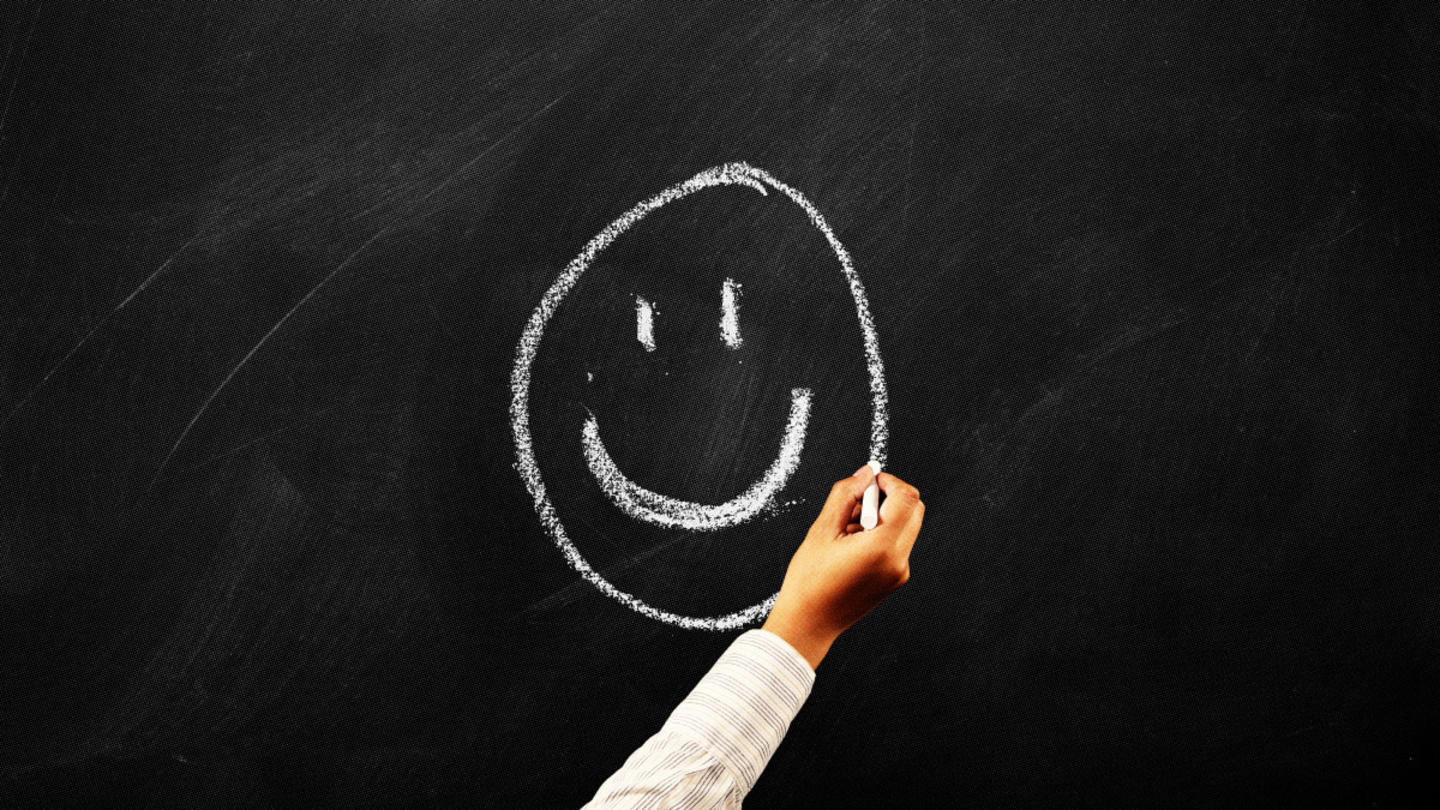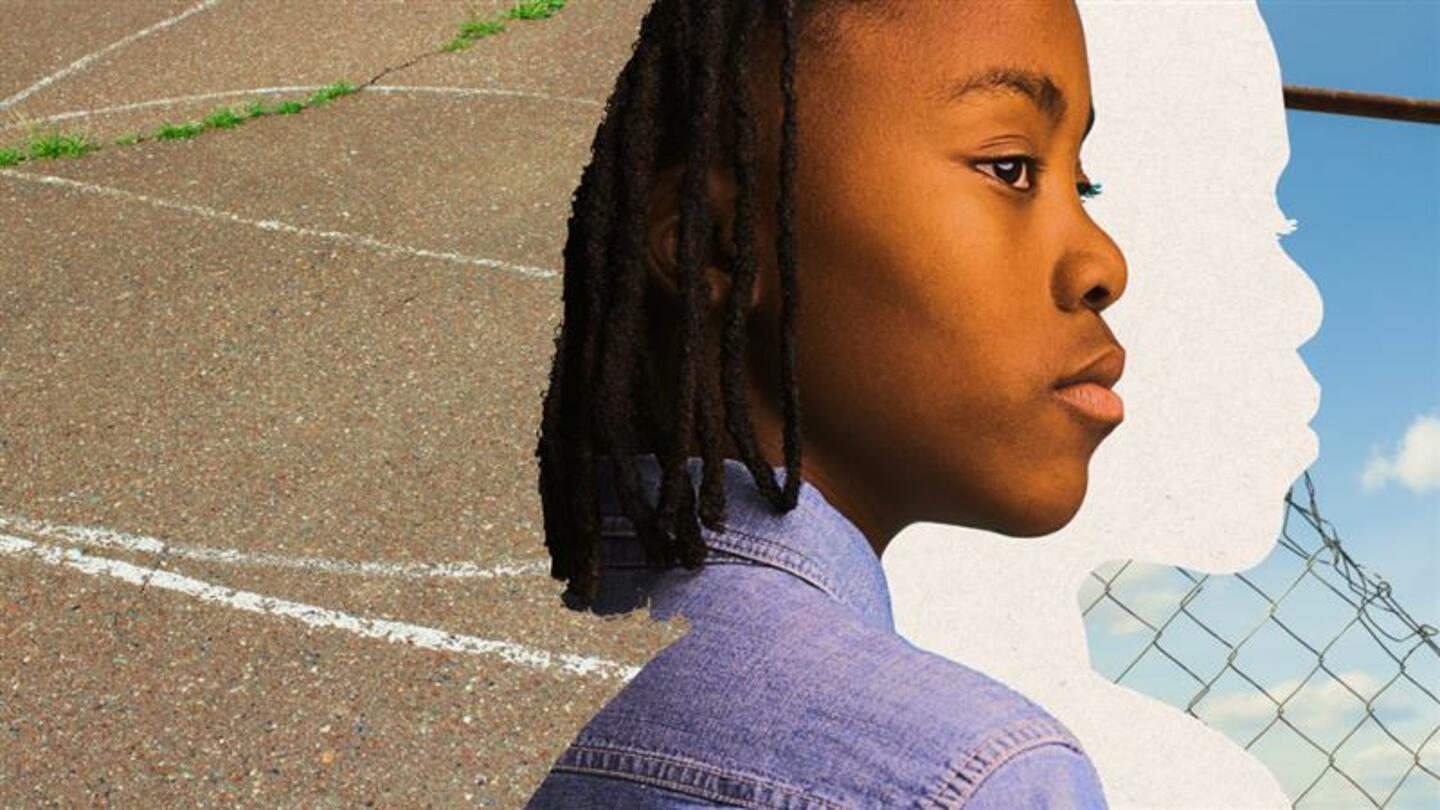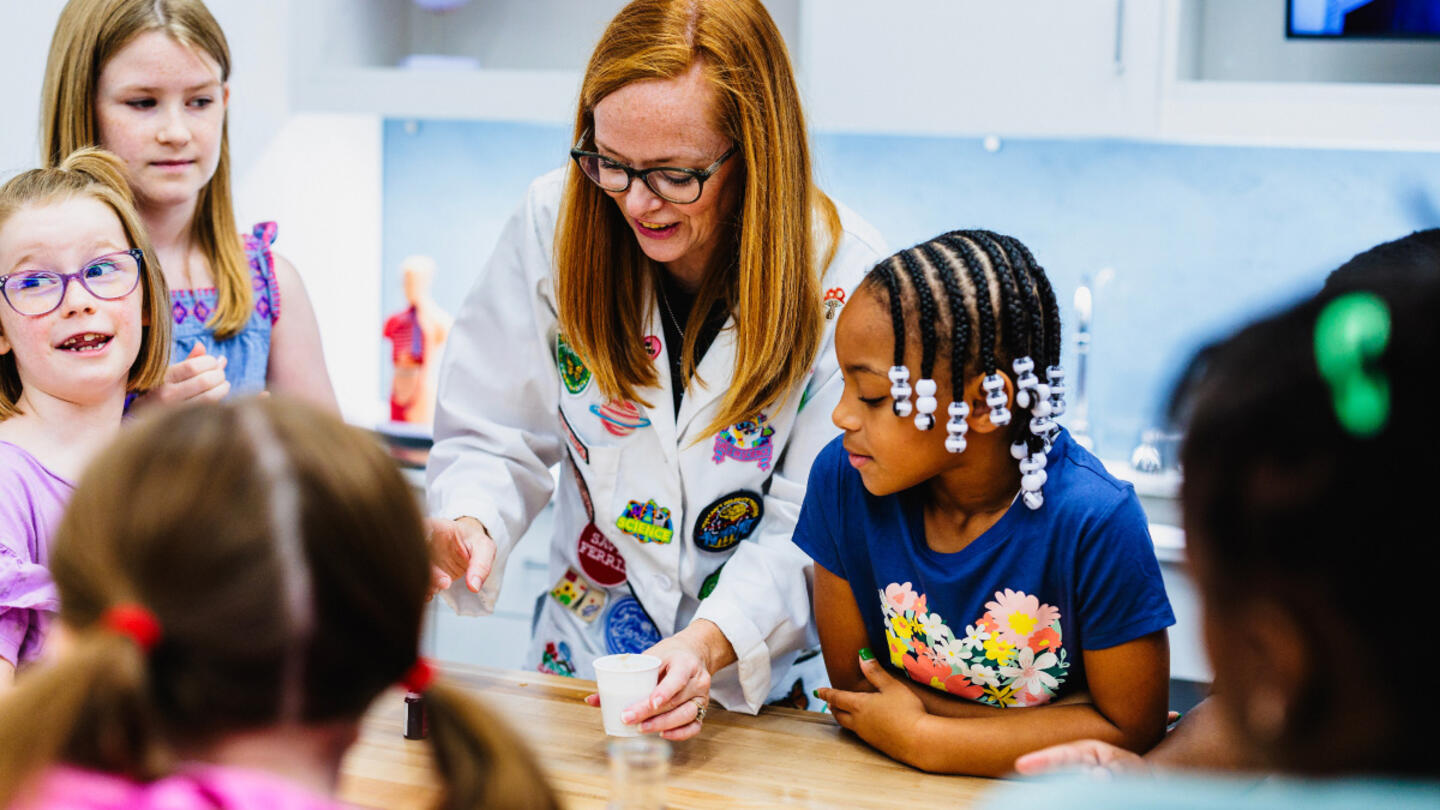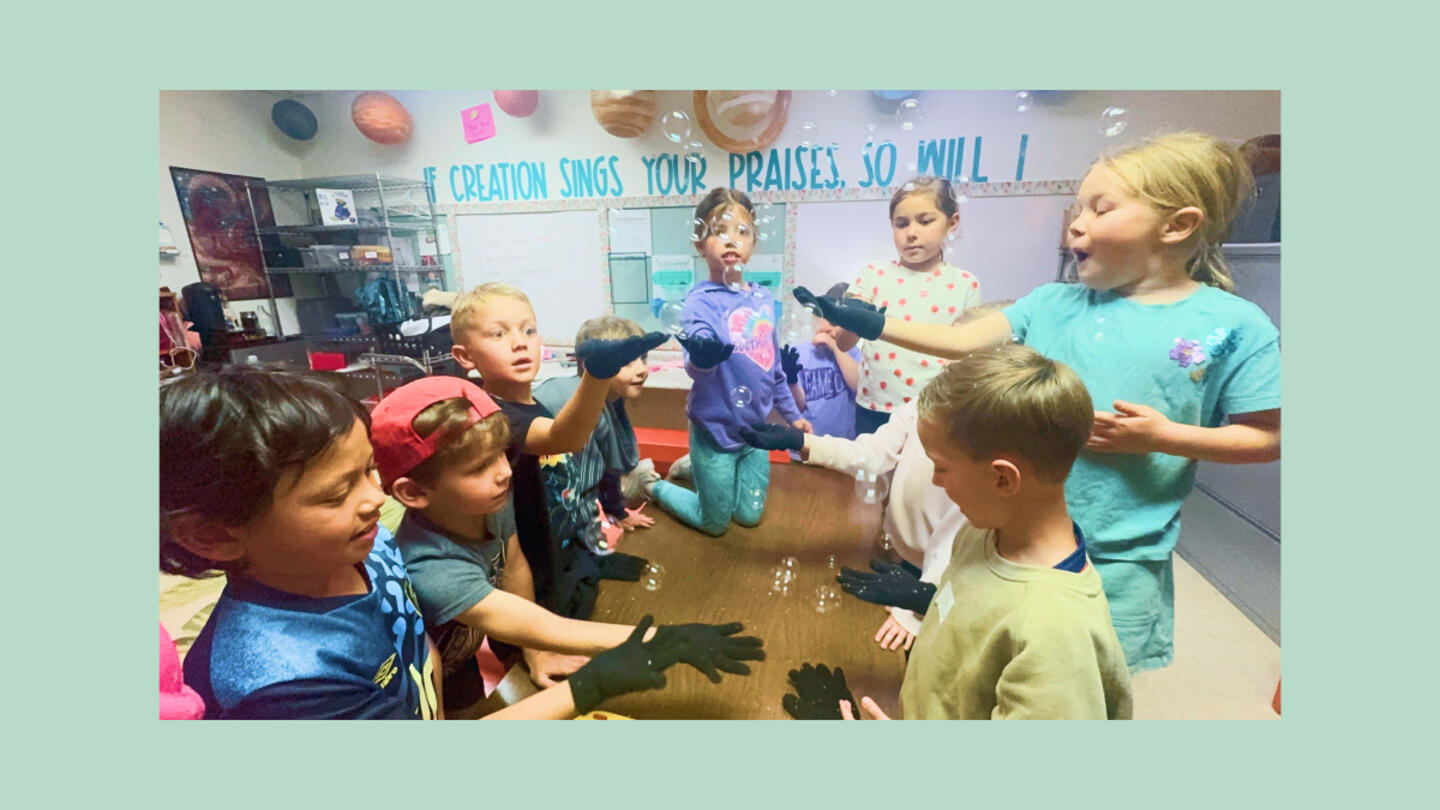At a time when K-12 education headlines often seem dire, Kerry McDonald is excited about the future.
A senior fellow at the Foundation for Economic Education, McDonald is thrilled to see more and more education entrepreneurs creating new learning spaces outside the traditional education system. She visits microschools all over the country, and they are "incredibly diverse in every possible way," she says.
Diversity means options and opportunities for students and parents to find the type of learning environment that brings them joy and fulfillment.
"There's so much that we could dwell upon around education in this country for a whole host of reasons," says McDonald, an advocate for student-centered, personalized education, "but I find nothing but hope and optimism."
She has noticed a shift in the education expectations of parents — they don't want standardized education. They want student-centered education, and they want to be able to choose the learning experiences that best suit their children.
This movement was already strong in 2019 when McDonald wrote her book, "Unschooled: Raising Curious, Well-Educated Children Outside the Conventional Classroom," but COVID lockdowns catalyzed it.
Parents and education entrepreneurs are creating microschools, charter schools, homeschooling co-ops and forest schools. These approaches to education offer an opportunity to create unique learning environments that fit specific needs -- whether student-centered, classical, arts-focused, STEM-focused, and infinite other approaches.
"These entrepreneurial parents and teachers who are creating these out-of-system, innovative individualized education models are happy and joyful. Their learners are happy and joyful. It's just such a positive place to be," she says.
Parents are hungry for more learning choices
Parents are tired of conventional one-size-fits-all education. In fact, according to a recent Gallup poll, most Americans are fed up. In 2023, confidence in public education fell to 26%. Since the pandemic, public schools have lost 1.2 million students, while research from the Urban Institute shows that private and homeschool enrollment has increased.
"The COVID disruption really enabled parents to become more open to different ways of approaching teaching and learning," McDonald says. She describes it as an "ah-ha" moment when parents realized they and their kids weren't enjoying education and that it was a big problem. "More parents realized that education could look a lot different than the status quo and began to demand more options."
In 2022, research from Tyton Partners revealed that 50% of parents want student-centered education — an education model that focuses on the individual child. In its Purpose of Education Index, Populace identified that Americans have a clear longing for a more individualized and tailored education system that recognizes students' unique needs. This might look like pacing learning in a more individualized way or focusing on learning styles in the classroom. It could also look like unique support or allowing students to choose what they study.
Teachers are also open to leaving the rigidity of conventional standardized education. The National Microschool Center (NMC) says that two-thirds of microschool founders are currently or formerly licensed educators.
The movement toward student-centered learning is self-sustaining
Student-centered learning spaces include microschools, homeschooling co-ops, forest schools and unschooling.
McDonald says the power and sustainability of this movement is in its diversity. These learning spaces embrace an array of education philosophies, each approaching learning from a unique angle.
"You'll find these unconventional learning models," she says. "Classical education models, faith-based models, hybrid homeschool models and some that will have a traditional curriculum. You'll have Montessori or Waldorf-inspired microschools, and then you'll also have unschooling and self-directed models."
As McDonald explains, it's about following the child's interests. This is in contrast to the "top-down conventional education model that we're accustomed to societally," she says. In that model, it's more: "This is the curriculum, and we will force that curriculum on you, and these are the things that you will know and do at this particular time in this particular way."
In the late 1960s, there was a similar free-school movement. It also focused on small schools and individual contributions in the classroom. But McDonald says it died out because it was philosophically homogeneous. The diversity happening now means that if a particular learning model isn't working, parents can move on to an entirely different one.
The future of education is respect and dignity for young people
Education in the United States is transforming. All over the country, education entrepreneurs are offering bottom-up, personalized learning models as alternatives to the top-down, one-size-fits-all schooling system.
McDonald has heard countless stories from parents and educators in these student-centered schools of the positive effects they are seeing. "They tell me how their child was really struggling with anxiety or depression or school refusal in the standard system," she says. "And once they attend an alternative education environment, all of that anxiety and depression goes away."
After a few weeks in a new student-centered school, one student told his mother, "I don't have Sunday stomach aches anymore." McDonald tells of another student suffering from severe anxiety. She was on anxiety medication and seeing a therapist regularly. Within three months of going to her new microschool, all of the anxiety went away. She was able to stop medication and therapy, and all that had changed was the learning environment.
"When we individualize education, when we put humanity back in education and we treat young people with respect and dignity and autonomy," McDonald says, "then we see these mental health issues become less problematic and less concerning for them."
We can accelerate this bottom-up, student-centered education movement as we continue to demand more learning options and school choice policies, says McDonald.
"Education can and should be joyful," McDonald tells parents. "Your kids can and should be happy, and there are learning spaces where that is possible."
The Stand Together community partners with changemakers who are tackling the root causes of America's biggest problems.
Learn more about Stand Together's education efforts, and explore ways you can partner with us.



